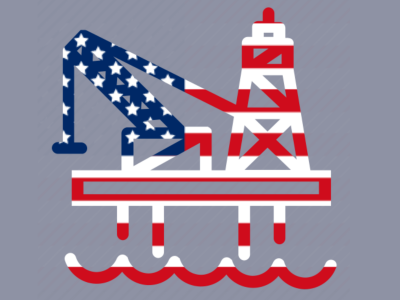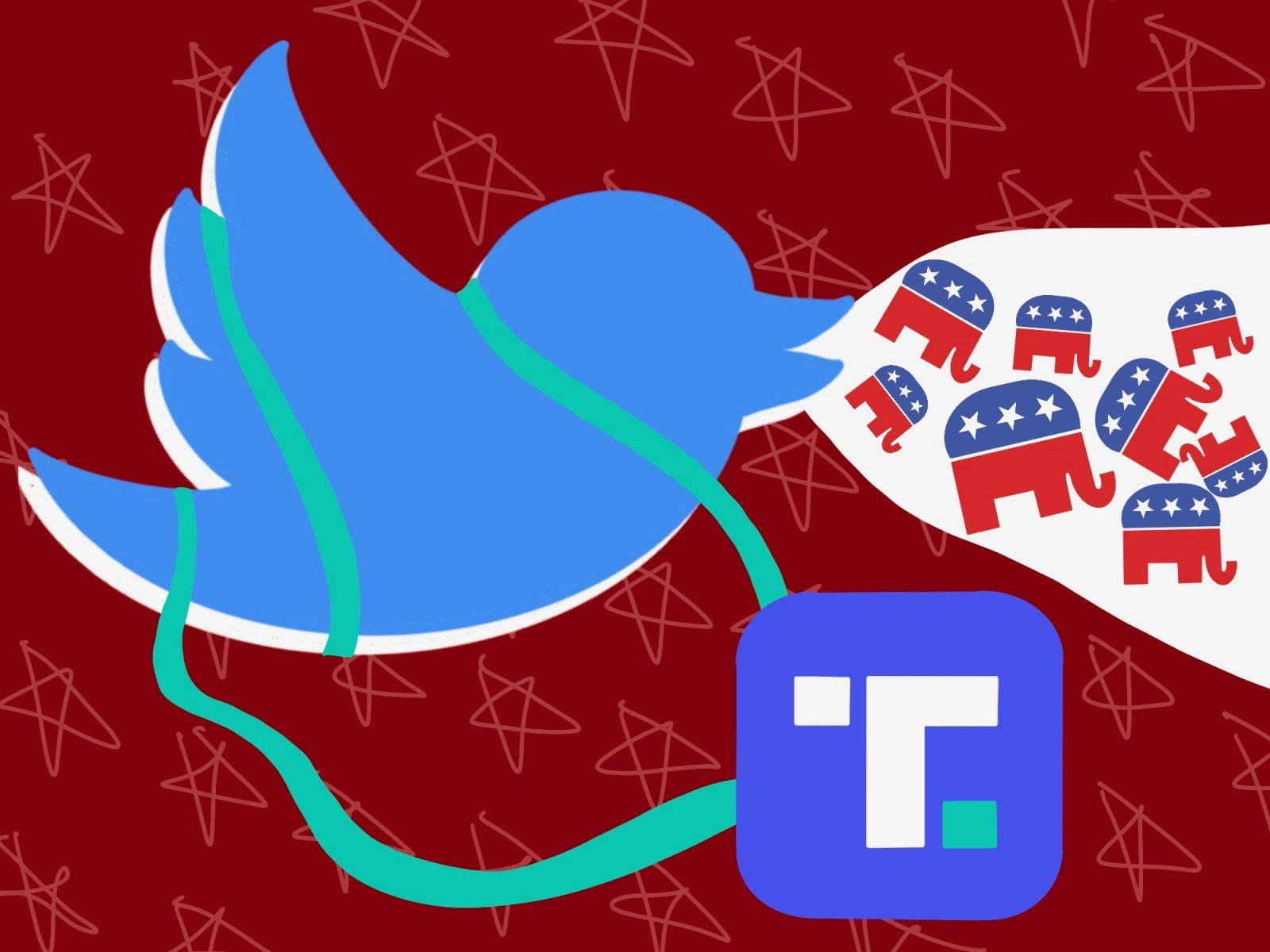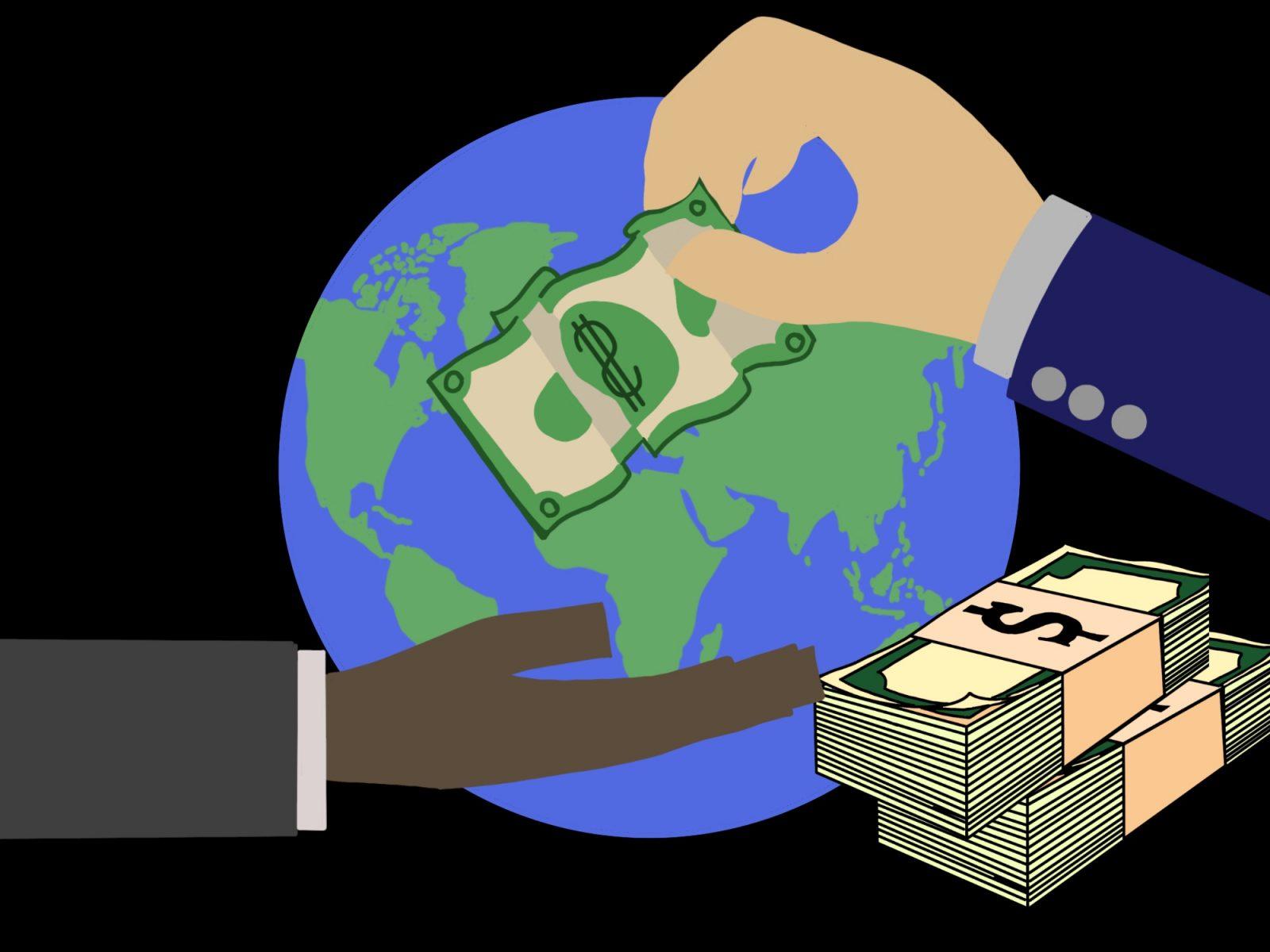2022 was a terrible year to own a gas-powered car. With gasoline price volatility becoming absolutely crazy and costs peaking to levels similar to the 2008 recession, these record high gasoline prices hurt tens of millions of drivers across the United States.

Meanwhile, last week Exxon posted record profits of $56 billion in 2022, a historical high not just for the company, but for the entire Western oil industry. These other major oil companies are also expected to post record profits, pushing the combined total to almost $200 billion.
While Americans were paying record high prices at the pump, companies like Exxon were padding their pockets with billions. To be clear, there’s nothing wrong with a company being profitable — it’s capitalism. The businesses go through bear markets and bull markets, and companies ride those cycles out.
Indeed, Exxon went through the same losses as the rest of the economy in 2020, with a 66% drop in profit. At the end of the day, however, the oil industry is selling a near-essential good to about 70% of the population and trying to make a profit.
In modern America, driving isn’t a privilege, or a luxury — it’s a near necessity. The National Physical Activity Plan, which includes organizations such as the American Cancer Society, the American Academy of Pediatrics and the American Medical Association, gave America as a country an “F” in multiple criteria when it comes to walkability.
Because driving is a virtual necessity, and gas powered engines are still the most widespread technology among cars, people shouldn’t have to decide between filling up their tank or buying groceries for the week.
Until more of America becomes more walkable or incorporates a better system of public transit, there is a clear need for some sort of government involvement to stop the price gouging.
In conversation today is the new windfall tax — a type of tax levied when a company or industry has large and unexpected profits. The intention is clear: instead of companies like Exxon being able to do $50 billion in stock buybacks to raise their stock prices, a share of the extra profit would be collected by the government to be redistributed.
Surprisingly absent is a proposal to nationalize the oil industry.
Bernie Sanders has pushed for nationalization in the power industry to lots of pushback from billionaires like Mike Bloomberg, Tom Steyer and much of the Republican media.
In the past, the government has been known to nationalize sectors that it deemed were of national interest. Americans being taken advantage of at the pump should be considered a national interest.
A windfall tax would do very little to fix the economic pain and struggle that many Americans had to go through during the oil industry’s price-gouging year of 2022 — but perhaps it would ease the pain of other struggling industries or be redistributed retroactively to the people in the form of a stimulus package.
While it would do little to help price at the pump, nationalizing the oil sector must be seriously considered. The opportunity to work outside of your neighborhood shouldn’t be a privilege exclusive to the financially stable.






























































































































TMAC • Feb 22, 2023 at 1:41 pm
Very good read. Thank you Choi.
Earl Richards • Feb 22, 2023 at 7:18 am
Big Oil has to come under public control to prevent economic disruption.